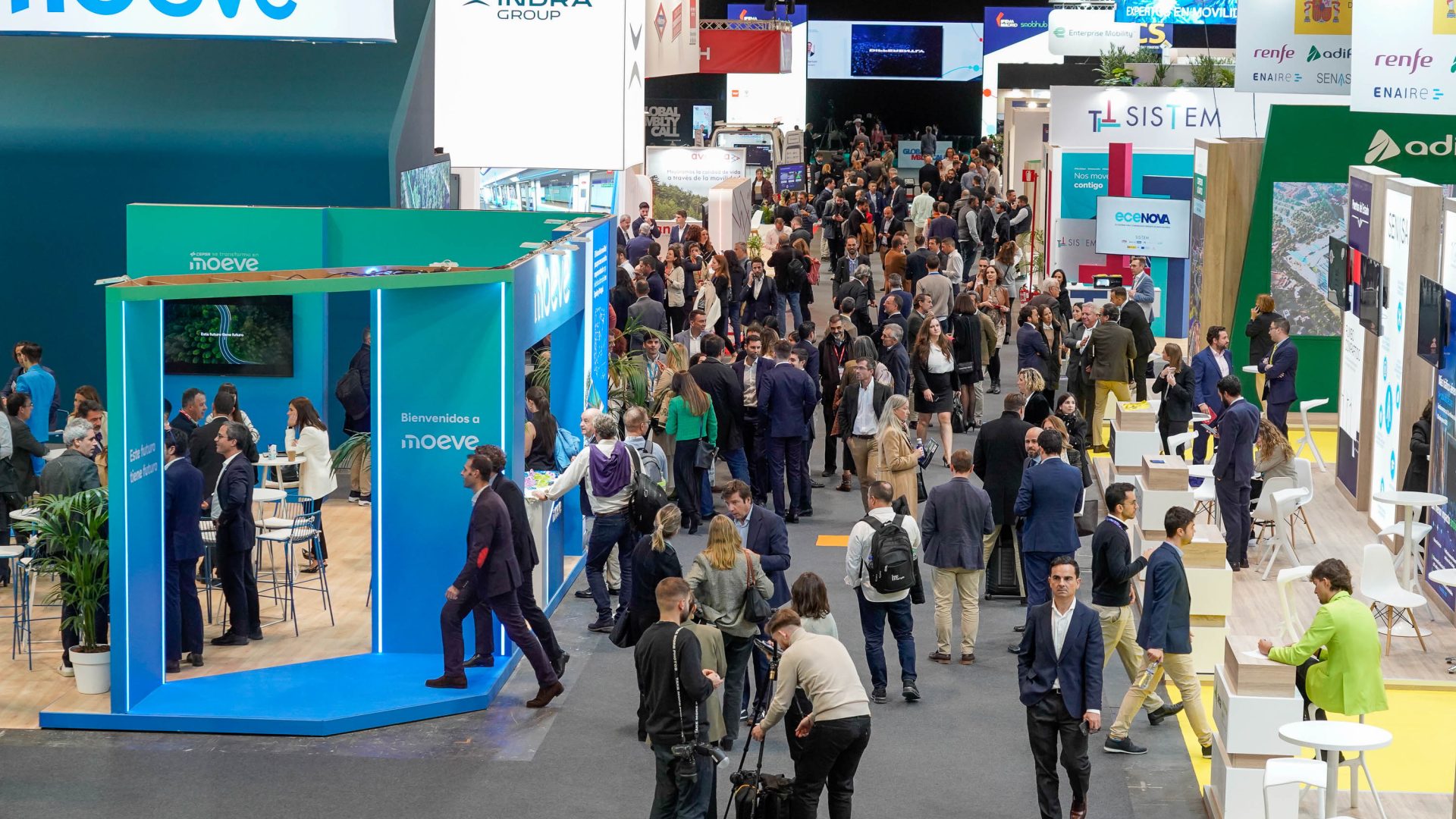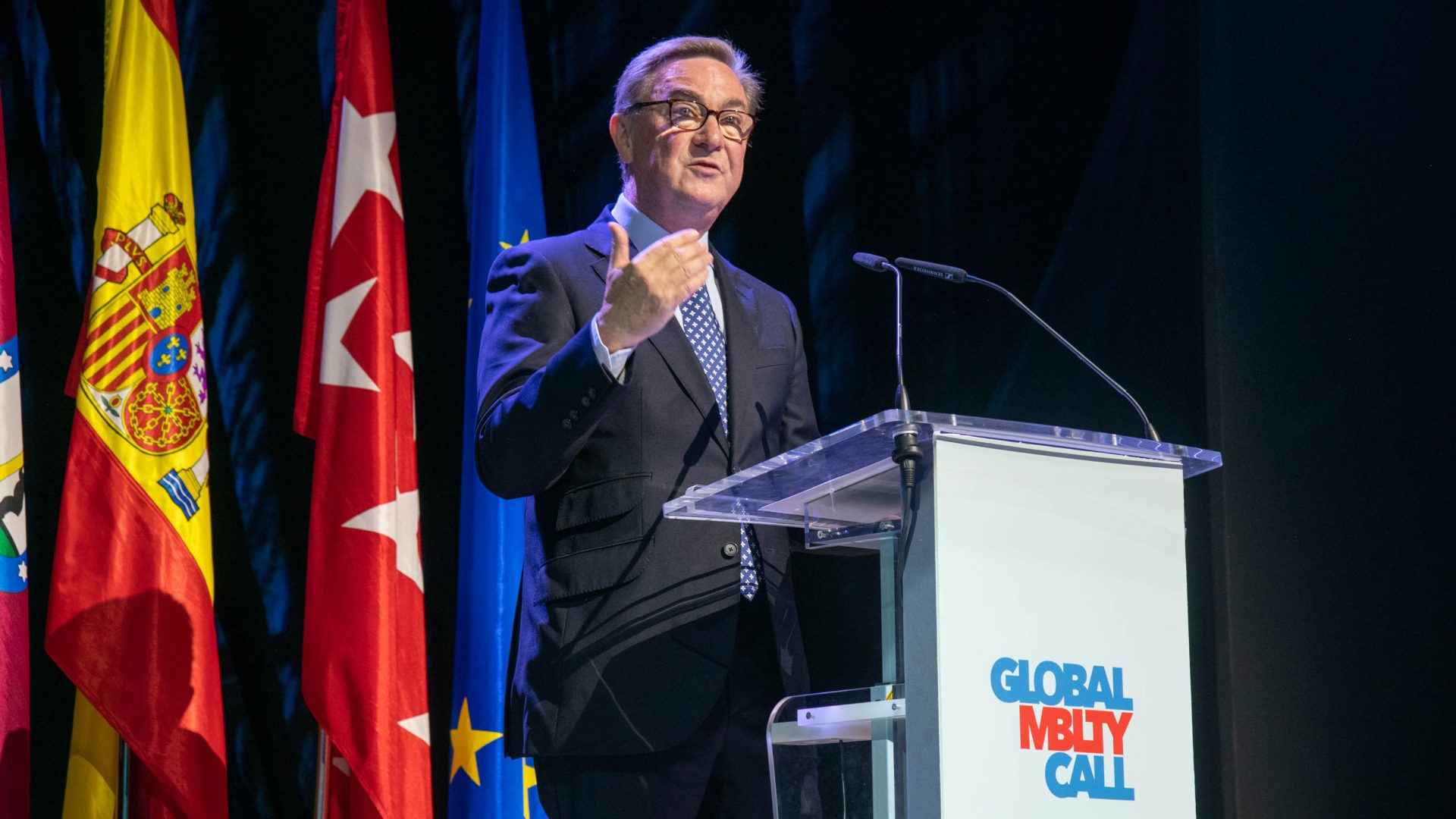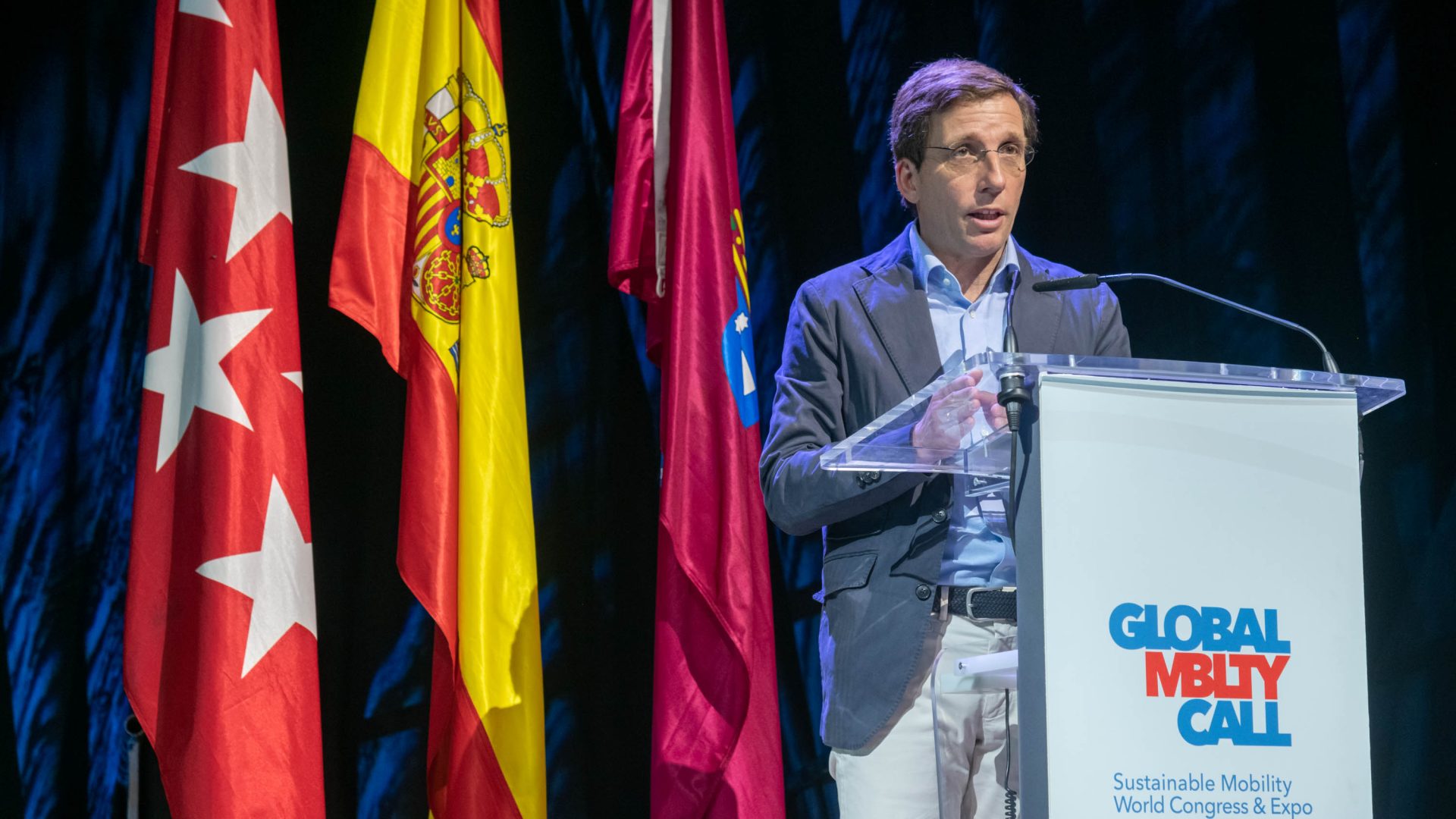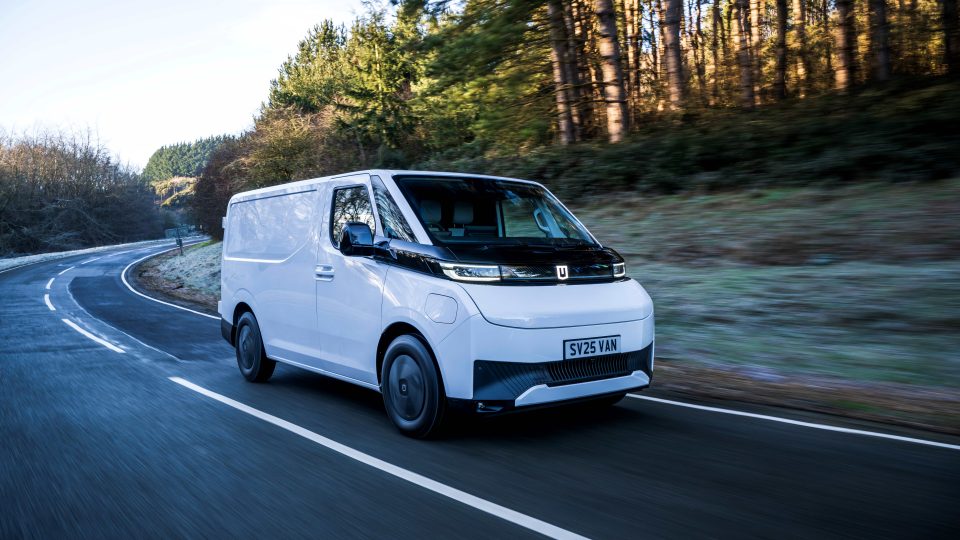Madrid and Spain as the meeting place for sustainable mobility development. Our report from the Global Mobility Call 2024
Deeply rethinking mobility is an unavoidable need. The organizers of the Global Mobility Call, the annual event that brings together a large number of professionals under the sustainable mobility umbrella at the Madrid fair, are convinced of this. The one we attended this year was a wide-ranging event, useful for essaying current trends, technological innovations, and directions that mobility will take in the future. Our report from Madrid.

Last October was certainly one of the worst in Spain’s recent history. The damage from the so-called Dana, the weather phenomenon that devastated in particular the Valencia area, causing hundreds of deaths, was calculated at more than 30 billion euros. In short, in the coming months and years, the entire nation, in addition to engaging in the reconstruction of the affected areas, will have to think about what happened, trying not to repeat the mistakes that made the situation even worse.
At the root of it all, and it’s about time we realized this, is climate change: the 2.5-degree rise in the temperature of the Mediterranean Sea has been a major contributor to triggering the phenomenon. Figuring out what to do to curb the problem is not easy, and it also comes at no small cost. Deeply rethinking mobility, however, is one way forward. The organizers of the Global Mobility Call, the annual event that brings together several professionals (more than 8,000 professionals visited the event, with a 20% increase in online attendance) under the sustainable mobility umbrella at the IFEMA Madrid fairgrounds, are convinced of this. The one we attended this year as media partners was a wide-ranging event, useful for essaying current trends, technological innovations, and directions that mobility will take in the future.

Over 110 conferences at the Global Mobility Call 2024
Compared to last year, the exhibition part of the event has yes lost a few pieces, but the conference program-more than 110 over the three days of the event, November 19-21, with more than 450 speakers from all over Europe and beyond-has raised the bar even higher. “To understand what we want to do, and where we want to go with the Global Mobility Call, you have to look at the conference program itself,” said Juan José Lillo, co-founder of Smobhub, the company that with IFEMA Madrid is organizing the event. “We want to stimulate, promote and ignite debate to find concrete solutions that can make mobility, and not just transportation, more sustainable. We also want Madrid to be recognized as a key place for networking among European mobility professionals.” It lies in this word, mobility, that is the key to understanding the meaning of the Global Mobility Call, which aims to involve players from an ecosystem that goes beyond the sectoral division we are used to.

It should, therefore, come as no surprise that among the exhibiting companies and organizations there are, for example, very few logistics realities (there is far more of the public transportation side). “The important thing for us is to be able to involve realities from different sectors in our conference program,” confirms Juncal Garrido, another of Smobhub’s founders with whom we had a chance to talk. “At the end of the day, ours is not an event where we sign contracts, but rather a platform where we establish relationships between actors from a very large ecosystem.”
The support granted by the Spanish institutions
Strongly wanting the birth and evolution of the Global Mobility Call were to all intents and purposes the Spanish institutions, which actively support the holding of the event. The latter has a clear international ambition. It is a clear attempt to place the country at the center of the debate on Europe’s rapidly changing mobility: a benchmark nation in sustainable mobility. No surprise, then, that it was the Minister of Transport, Oscar Fuente Santiago, who opened the three-day Madrid event. “We need to modernize and decarbonize our fleets, also and especially intervening in urban mobility,” he said. “Decarbonization and economic growth are two sides of the same coin: the resources to be introduced for reconstruction after Dana, which affected 40 percent of the province of Valencia, are an example of what climate change is costing. I recognize the tremendous efforts that companies in the sector are making, and administrations clearly need to be on their side.”

Cities under the spotlight
The theme of cities was mentioned several times during the event. One figure above all: by 2030 it is estimated that cities in Europe will be home to about 75 percent of the population. The Mayor of Madrid, José Luis Martinez-Almeida, spoke of the Spanish capital’s efforts to promote more sustainable mobility, with the twin goals of improving air quality and reducing private car use in favor of public transport, for example, with zero tailpipe emission vehicles. A green hydrogen production site that also relies on solar energy was recently inaugurated by the Madrid public transport operator. First, hydrogen, stored and distributed in storage, will be used to power a fleet of buses. But the technology, especially when production costs come down, can also be used in freight transport.

Back to the exhibition, the participation of a few manufacturers of fast charging systems, such as the host Iberdrola or Italy’s Alpitronic, was particularly interesting. The latter is also listed in the heavy transport sector with its systems capable of supplying power up to 400 kilowatts and already active in the experimentation of ultra-rapid megawatt charging. The former Bolzano-based start-up is growing by the minute thanks mainly to a remarkable R&D department.


















